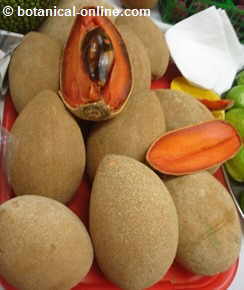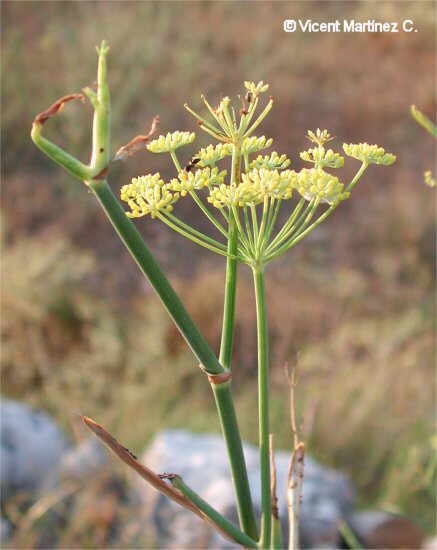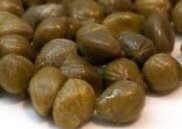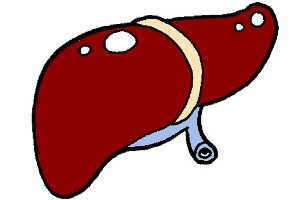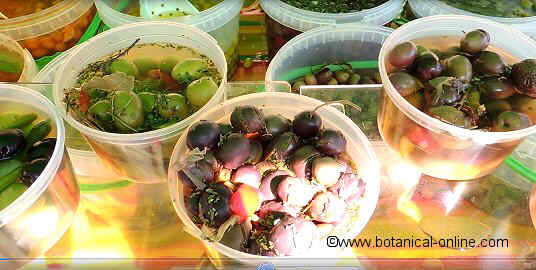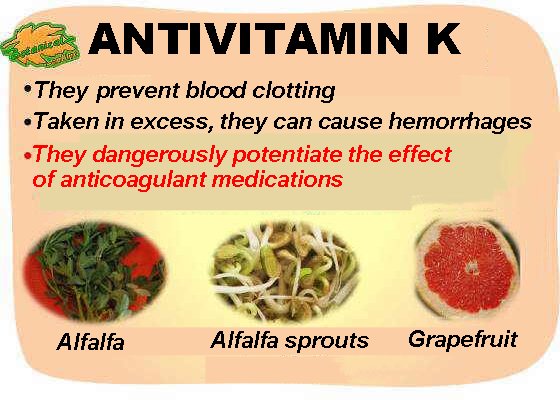Contents
- 1 Raisins for diabetics
- 1.1 What are raisins?
- 1.2 Are raisins very high in sugar?
- 1.3 How much sugar do raisins contain?
- 1.4 Why are raisins so sweet?
- 1.5 Can people with diabetes eat raisins?
- 1.6 Should you be worried about the sugar in raisins?
- 1.7 Who is recommended to eat raisins?
- 1.8 Are raisins very high in sugar, and does this make them harmful?
- 1.9 Natural sugar is not added sugar
- 1.10 Does eating raisins make you gain weight or prevent you from losing weight?
Raisins for diabetics
What are raisins?
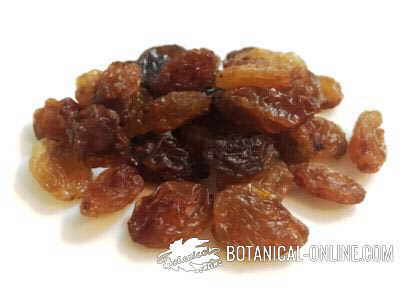
Raisins are dried fruits obtained by dehydrating fresh grapes. They have a very aromatic, sweet taste and are used in many recipes, such as traditional breakfast porridge, in this millet with caramelized onions and raisins, or even as a sugar substitute, as in this homemade cocoa spread.
They are the preferred natural sweetener for children and those with a sweet tooth, used in many desserts, but also in all kinds of recipes: recipes with vegetables, rice dishes, etc. They have a soft and meaty texture, and their flavor is very sweet.
Are raisins very high in sugar?
Raisins are very sweet, mainly due to their fructose content, a type of sugar with a greater sweetening power than table sugar or sucrose. In other words, a small amount of fructose provides a greater sensation of sweetness than the same amount of sugar.
However, many people think that these dried fruits have an extremely high sugar content, which is an exaggeration. A moderate amount of raisins (about 30 grams) has as much sugar as a medium-sized fruit, such as an apple.
How much sugar do raisins contain?
Raisins contain 80% carbohydrates, of which 60% are simple sugars. This means that a 25g serving of raisins provides 15 grams of sugar. That’s the same amount of sugar found in an apple, an orange, or another medium-sized fruit.
Why are raisins so sweet?
Raisins contain all the nutrients of grapes in concentrated form, including their sugars. Like grapes, raisins have a high sugar content, among which their fructose content stands out. Fructose is a type of sugar with a greater sweetening power than sucrose, or table sugar. This means that a small amount provides a significant sensation of sweetness.
Can people with diabetes eat raisins?
People with diabetes, obesity, high glycated hemoglobin, or high blood sugar often have some intolerance to sugars in food. The most important thing for these individuals is to eat foods rich in fiber, such as vegetables and legumes.
In addition, dried fruits like raisins are also great sources of fiber. However, due to their sugar content, it’s preferable for these individuals to reduce their consumption of dried fruits and increase their intake of other, more advisable foods such as walnuts, almonds, or hazelnuts (nuts don’t raise blood sugar levels and have properties that are beneficial for diabetes).
Should you be worried about the sugar in raisins?
Raisins are certainly a food that should be monitored by people with sugar intolerance, but they shouldn’t be banned either. They can be eaten as a healthy treat.
However, there are other more worrying foods, such as those with hidden sugar: chocolates and cookies, products with bad fats, breakfast cereals, sweetened dairy products, etc.
Who is recommended to eat raisins?
Raisins are suitable in any healthy diet, especially as a sweet treat for children and teenagers to provide the extra energy needed during their growing age.
Athletes, sportspeople, and people who make physical effort should take raisins or other dried fruit in their diet, due to the high energy and nutritional value of these foods.
Are raisins very high in sugar, and does this make them harmful?
The amount of sugar in raisins is often exaggerated. Analyzing their nutritional composition, raisins contain 15 grams of sugar per serving (25 g). This is equivalent to the amount of sugar found in large fruits, such as an apple or an orange.
Therefore, it is not a food with an extraordinary amount of sugar, although people with diabetes or obesity should moderate their consumption of this food, but in moderation, and avoiding combining it with other foods very high in sugars.
Natural sugar is not added sugar
Consuming sugar in the form of natural foods, such as raisins, will always be much more beneficial than consuming refined sugar. The physiological effect of sugar is always better when it comes from a natural food. For this reason, it’s best to get used to replacing sugar with natural sources, such as making homemade chocolate cream with raisins instead of sugar.
This is because fruits, such as raisins, contain sugar along with a large amount of fiber, which improves carbohydrate assimilation by slowing down their absorption. Therefore, the natural sugar in fruits is absorbed more gradually than refined sugar.
It is recommended that people who need to gain weight add raisins to their recipes, for whom raisins are a very useful food for increasing the calories in meals in a healthy way, with a higher nutritional value than highly processed products such as cookies or breakfast cereals.
However, naturally, raisins have a high sugar content, which if consumed in excess can have disadvantages, such as promoting tooth decay (especially if good oral hygiene is not maintained), destabilizing diabetes, etc.
Does eating raisins make you gain weight or prevent you from losing weight?
Many people think that raisins can’t be used when trying to lose weight because they contain a lot of sugar, but that’s not the case. A serving of raisins (30g) provides 15g of sugar, the same as a large apple.
Furthermore, raisins contain a lot of fiber, which slows down the absorption of their sugars. In other words, the sugar in these dried fruits cannot be equated with refined sugar. Whether you gain or lose weight depends on many factors: your overall diet, the amount of physical exercise you do, getting enough sleep, stress levels,…
![]() More information on raisins
More information on raisins

